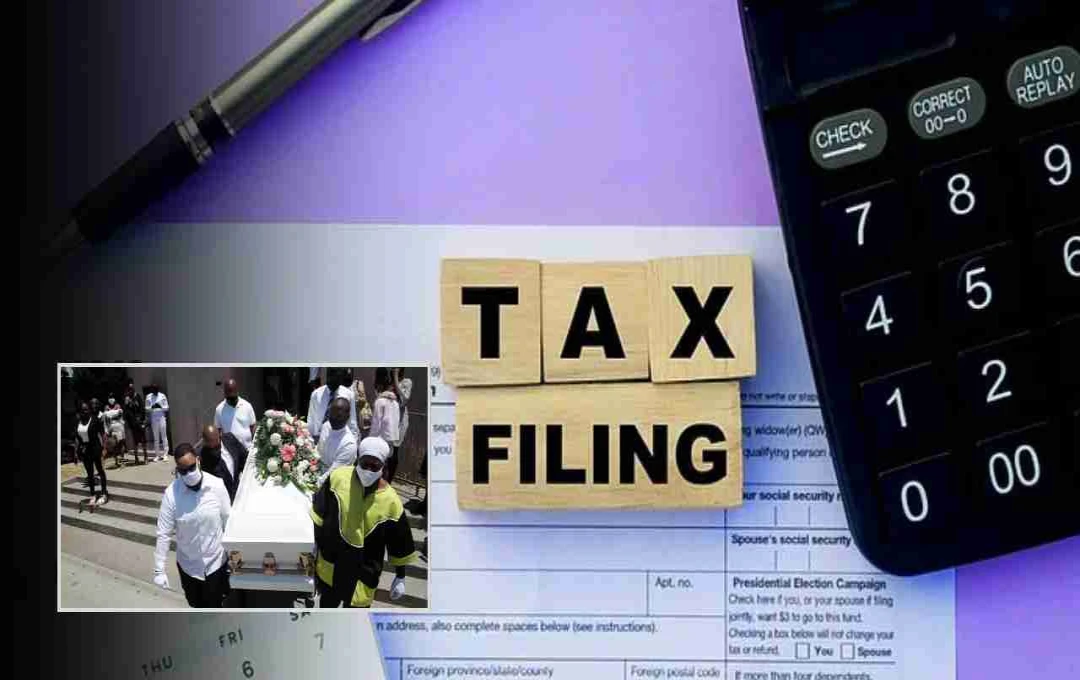The process of filing Income Tax Returns (ITR) is currently in full swing, and people across the country are busy completing it on time. However, very few people know that it is also necessary to file an income tax return after a person's death. Yes, this responsibility falls on the family, that is, the legal heir. If this is not done, the Income Tax Department may also send a notice in the name of the deceased.
Tax is also levied on the earnings of the deceased

If a person dies in the middle of a financial year, their income up to that date is considered taxable income. It is clear under the law that a person's tax liability does not end with their death. An income tax return must be filed for whatever income the person earned before their death.
Responsibility lies with the legal heir
The responsibility for the income tax return of the deceased rests with their legal heir. This heir can be a family member, such as a spouse, son, daughter, or any other close relative. If the deceased has made a will and nominated someone in it, they will be considered the legal heir. These heirs have to fulfill the responsibility on behalf of the deceased in the eyes of the Income Tax Department.
What can happen if ITR is not filed?
If the income tax return is not filed on time on behalf of the deceased, the tax department can send a notice based on their identification. In such a case, the family may face legal hassles. Furthermore, if TDS has been deducted from the deceased's salary or any tax refund is due, it is necessary to file an ITR to claim it.
What documents are required?
While registering, you need to upload some essential documents, including:
- PAN card of the deceased
- Death certificate
- PAN card of the heir
- Proof of relationship (such as family register, Aadhaar, etc.)
- Copy of the will (if any)
- Succession certificate or affidavit
How to file ITR for the deceased?
- Log in to the e-filing portal
- Select the 'File Income Tax Return' option
- Choose the assessment year and return type
- Click on the 'File on behalf of deceased' and 'as Legal Heir' options
- Enter the PAN number of the deceased and fill in the required details
- Select the ITR form and submit the form by filling in the necessary income details
The process of tax refund is also easy

If any tax refund is due in the name of the deceased, it will also be given to the legal heir. For this, it is necessary that the ITR is filed correctly and on time. In this situation, the Income Tax Department will send the refund to the same bank account that the legal heir has nominated.
Often a cause of dispute in many cases
Sometimes, there are disputes within the family regarding the legal heir. Therefore, it is essential that the documents are completely clear and, if there is a will, its copy is given to the department. In the absence of a will, a succession certificate and affidavit are used.
Filing is also necessary in such cases
- If there is income from rent in the name of the deceased
- If there is income from FD or bank interest
- If there has been capital gain from the stock market
- If there is income from any business or firm
Filing is done on the deceased's PAN
It is important to note that the ITR of the deceased is filed on their PAN number, but the right to file is given to the legal heir. The department recognizes that person as a 'Legal Heir' in the system.















